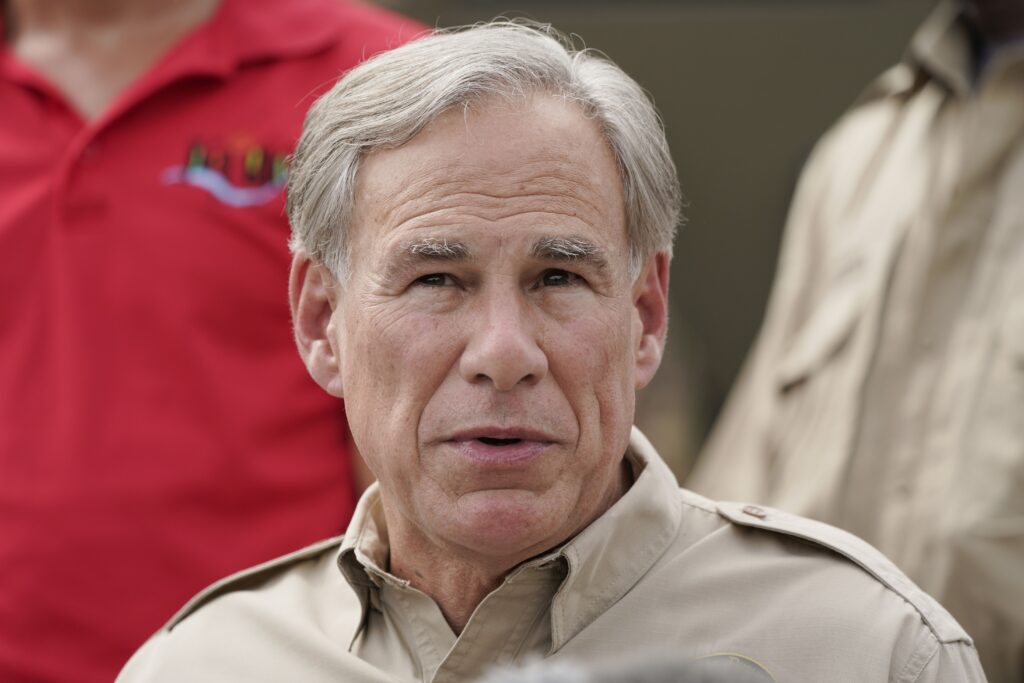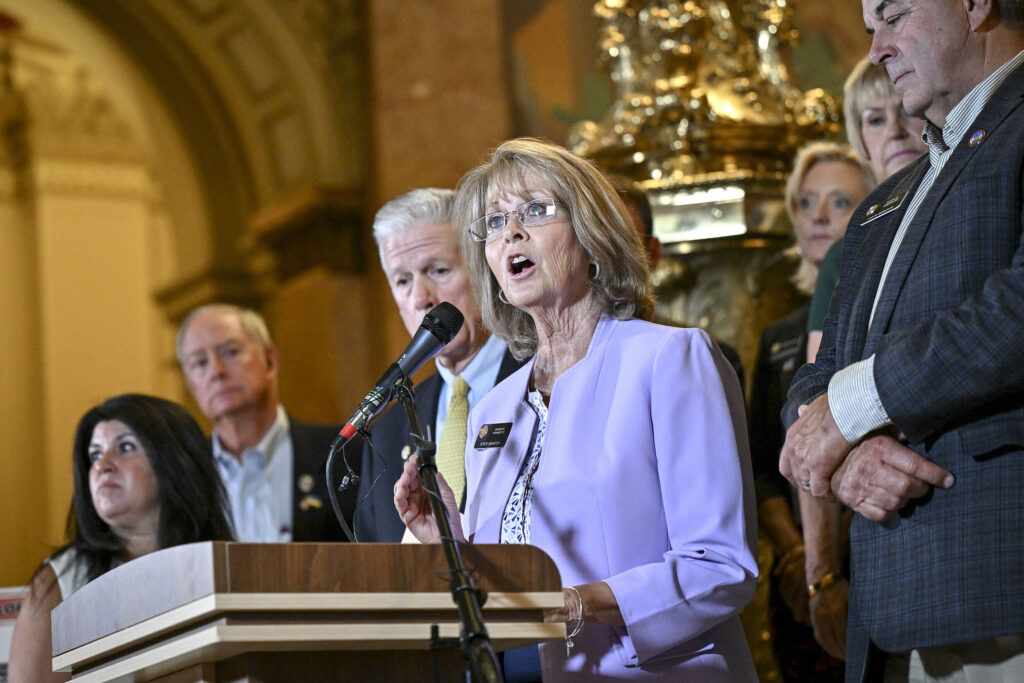Wage hike: For workers, a ‘great first step,’ but for small biz, ‘tough decisions’
A new year will bring a higher minimum wage for workers across the state, as a voter-approved initiative will begin to gradually raise compensation.
Amendment 70-which passed in November with 55 percent support-will increase the minimum wage to $9.30 per hour with annual increases of $0.90 each Jan. 1 until it reaches $12 per hour effective January 2020.
The schedule looks like this:
The current minimum wage is $8.31 per hour; the federal minimum wage is $7.25 per hour.
The last time voters approved a minimum wage hike in Colorado was in 2006, when the electorate adopted a wage of $6.85. It was adjusted to $8.31 per hour due to inflation.
The minimum wage for tipped workers is currently $5.29 per hour plus tips. Amendment 70 increases the tipped minimum wage to $8.98 per hour plus tips by 2020.
For minimum-wage workers-including retail sales workers, food-service workers, child care workers, janitors and home health aides-the increase can’t come soon enough. The minimum wage has increased only 21 percent since 2007.
Full-time workers making the minimum wage in Colorado earn about $17,285 per year, or about $300 per week after taxes. Many rely on public assistance.
Some businesses expressed concerns that the increase would negatively impact business by raising costs. Other business owners, however, say a higher wage means more productivity.
“We find that if you start them off more than the minimum wage, you have less turnover, which saves me money as a business owner in the long run,” said Richard Warner, owner of Bingo Burger, which has stores in Pueblo and Colorado Springs.
Bingo Burger pays its starting employees about $10 per hour, though Warner said he might consider raising wages to compete with other businesses, especially as the minimum wage begins to gradually increase.
“It’s a great first step,” Warner added. “It means a lot to those minimum-wage workers. It’s much more of a living wage. We’re on our way.”
Opponents, led by restaurants and other business interests, say increasing the wage would result in layoffs, reduced hours and fewer benefits.
“It is regrettable that millions in out-of-state spending by special interests forced through a law that is damaging and detrimental and cannot be fixed or amended to save small businesses, school districts or rural communities,” said Tyler Sandberg, spokesman for the opposition campaign.
Unions and left-leaning interests had pumped big money into passing Amendment 70. Proponents raised nearly $5 million over the course of the election.
Some employers said they will have to cut jobs, or reduce positions. Others said they will have to pass increased costs on to consumers.
“The increase in the minimum wage is going to bring tough decisions for small businesses-especially restaurants-in the new year,” said Loren Furman, senior vice president of state and federal relations for the Colorado Association Of Commerce and Industry. “They will have to balance these increased costs with maintaining their workers, which may not be possible for some. Consumers will also see the effects of the increase when the price of goods and services go up.”
Kelly Brough, president and CEO of the Denver Metro Chamber of Commerce, weighed in with similar concerns.
“Our primary concern with this law is that it continues to lock minimum wage in our constitution, making it hard to respond to market demands across Colorado,” Brough said. “We plan to closely monitor the impacts of the increase beginning Jan. 1, particularly for Colorado’s small and rural-based companies, which we worry will be negatively and disproportionately impacted.”











